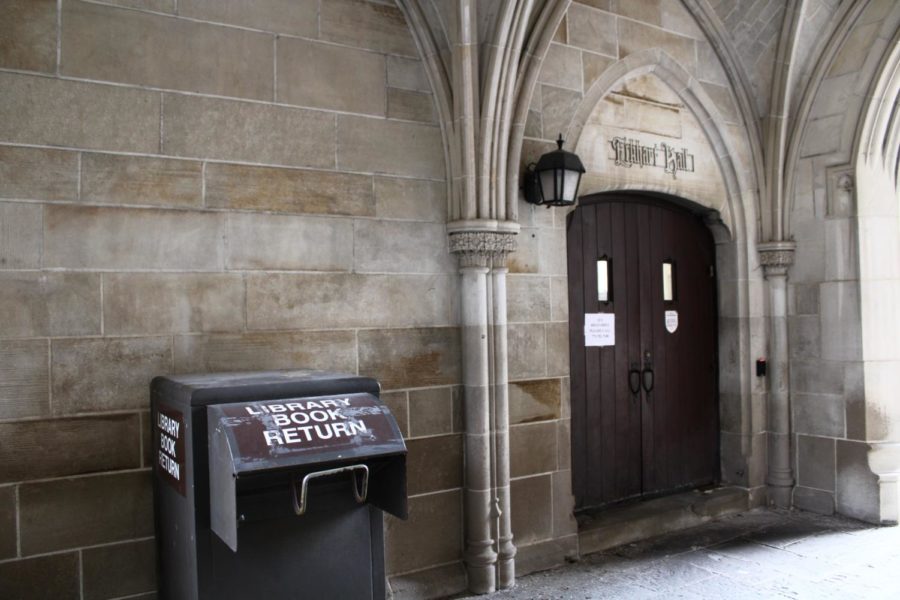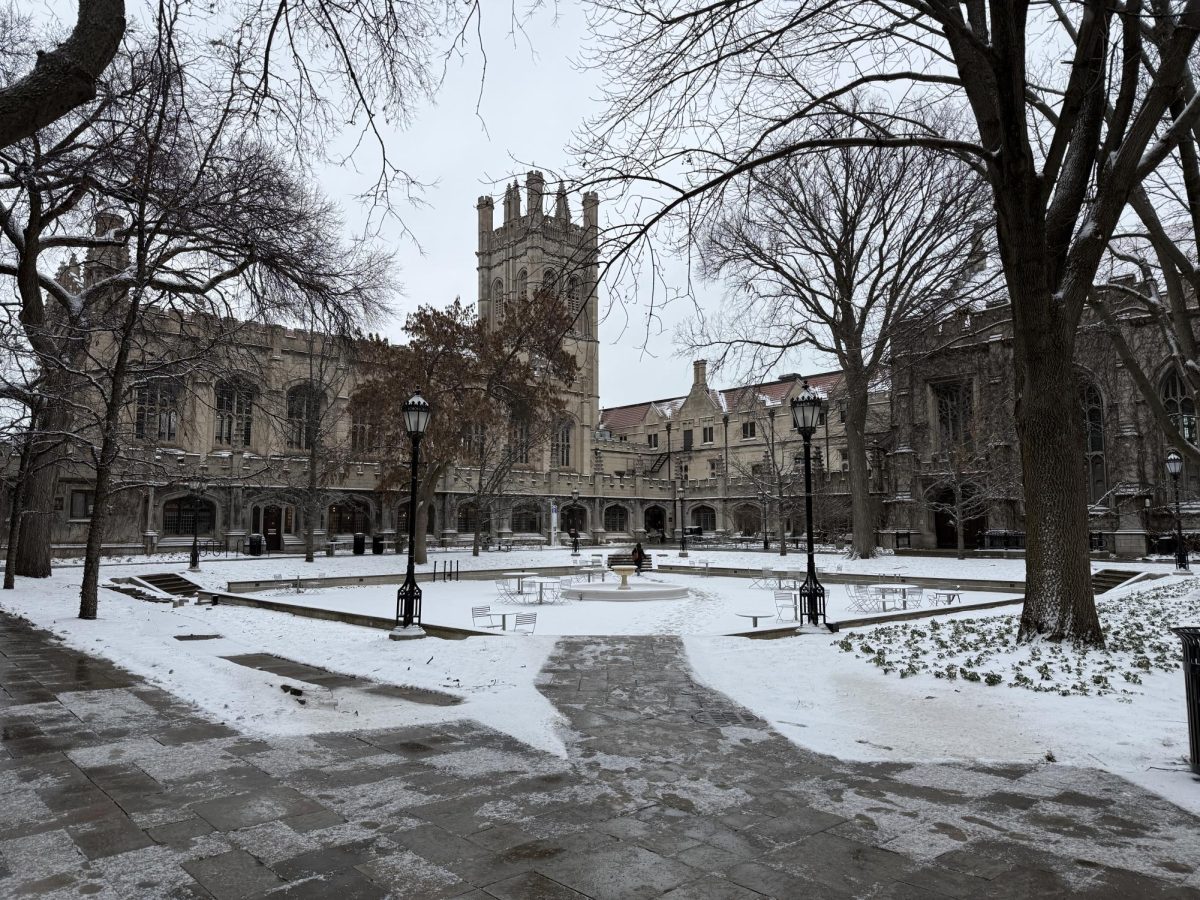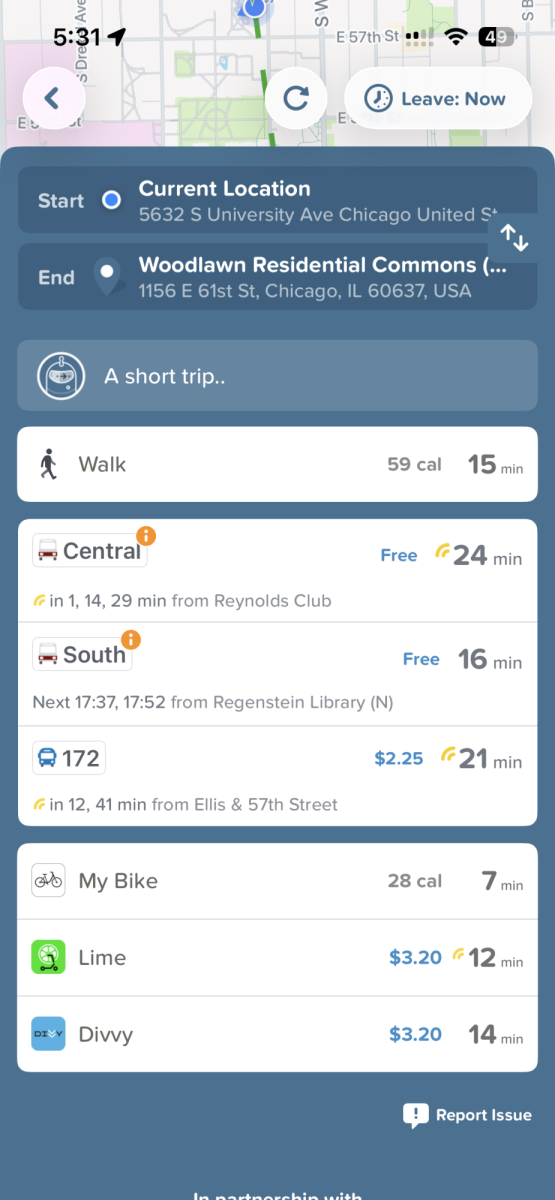Editors’ note: This article is part of a series that details how different College divisions will approach the switch to distance learning. Reporting is also available for the Biological Sciences Division, the Division of the Humanities, and the Division of Social Sciences.
Professors in the Physical Sciences Division are working to translate labs and TA sessions into digital classroom experiences, as UChicago moves to online instruction in response to the COVID-19 pandemic.
The University announced the transition to online learning for spring quarter during 10th week of winter quarter, just before finals. As spring quarter moves forward, students in the physical sciences are concerned about how valuable in-person experience will translate online.
James Butler, a third-year statistics major, is worried that professors will not be patient or lenient with students as they figure out a new classroom format. In his experimental physics class—which is predicated on being in a lab—the plans for adapting the labs involve students writing proposals for the instructor, or for TAs to take experimental data and report it back to students. Butler said the approach “sounds fine in theory I guess, but I’m a bit apprehensive of how it’s actually going to operate.”
In response to concerns about labs, Julia Brazas, the Academic Affairs Administrator for the astronomy and astrophysics department, explained by email that members of her department will be adjusting labs for remote learning, but will still try to keep the experience true to the in-person labs. Brazas said instructors plan to offer various times for TA office hours to accommodate students in various time zones, and professors are planning to use Slack messaging and other collaboration tools to stimulate discussion of the course material.
“We have modified the labs so that students will be able do them from home while trying to retain some of the elements of our campus-based lab experience,” Brazas said. “For example, several of our labs involve taking [astronomical] images using remote observatories, so students can continue to complete these projects as they would usually, and, as in the campus version of our labs, students will continue to work in groups—though [they’ll] now collaborate virtually.”
Brazas also said that lectures will be delivered at the assigned class meeting times, but will be recorded, as instructors are trying to create synchronous and asynchronous aspects to the courses in order to accommodate students in different time zones or those without reliable access to internet.
However, third-year physics major Aware Deshmukh is concerned with the lab requirements she has seen for the upcoming quarter.
“For my experimental physics class, it doesn’t look like they’re cutting back on lab requirements at all,” Deshmukh said. “I know the department is doing its best to give us a normal experience, but remote labs simply aren’t going to go well, not the first time they’re implemented, and I wish we weren’t trying it.”
In addition to lab time, research projects on campus have been halted in response to Governor J. B. Pritzker’s stay-at-home order, which has been extended through the end of April. “All non-essential research activities requiring people to be present on campus must be suspended. Access to research facilities and laboratories will be limited to essential personnel only, as identified by the lab director, principal investigator, and your Dean,” Provost Ka Yee Lee said in an announcement to the University on March 21.
On the same day, the chemistry department wrote on their department COVID-19 updates website that “critical building services are unchanged (not scaled back).”
The computer science department has also created a separate website to explain their department’s adjustments for remote learning, including a link to a UChicago Computer Science Slack workspace.
According to Brazas, her department asked the University to fund more remote learning equipment, such as touchscreen tablets and computers professors can use to replace blackboards.
Brazas said she and her peers are working with teaching support staff and using various online trainings to change their classes to an online format, but they still welcome student input for spring quarter.
“We are implementing multiple ways for students to give us feedback as we go, so we can adjust as needed to create the best learning experience we can manage, given the circumstances,” Brazas said.








